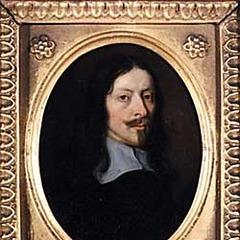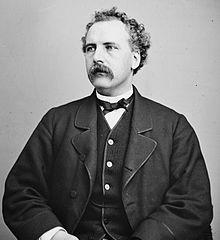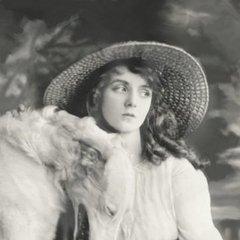Alexander Pope Quotes - Page 10

Then sculpture and her sister arts revived; stones leaped to form, and rocks began to live.
Alexander Pope, John Wilson Croker (1871). “The Works: Including Several Hundred Unpublished Letters, and Other New Materials”, p.78
Alexander Pope (1835). “The works of Alexander Pope; with a memoir of the author, notes [&c.] by G. Croly”, p.66
Alexander Pope, Homer, Samuel Johnson (1830). “The poetical works of Alexander Pope, Esq: to which is prefixed the life of the author”, p.177
Alexander Pope (1867). “An Essay on Man: In Four Epistles, to H.St.John, Lord Bolingbroke”, p.18
Alexander Pope (1763). “An essay on man: By Alexander Pope, Esq. Enlarged and improved by the author. Together with his MS. additions and variations as in the last edition of his works. With the notes of William, Lord Bishop of Gloucester”, p.70
Alexander Pope, Alexander Chalmers (1807). “A Supplementary Volume to the Works of Alexander Pope, Esq: Containing Pieces of Poetry, Not Inserted in Warburton's and Warton's Editions : and a Collection of Letters, Now First Published”, p.119
Alexander Pope (1829). “An Essay on Man: And Other Poems”, p.156
Alexander Pope (1764). “The Works of Alexander Pope”, p.12
'Epistles to Several Persons' 'To Mr. Addison' (1720) l. 67
Alexander Pope, William Warburton (1757). “The Works of Alexander Pope: Esq., with His Last Corrections, Additions, and Improvements; as They Were Delivered to the Editor a Little Before His Death; Together with the Commentaries and Notes of Mr. Warburton”, p.148
Alexander Pope (1847). “The works of Alexander Pope, with notes and illustrations, by himself and others. To which are added, a new life of the author [&c.] by W. Roscoe”, p.147
But thousands die without or this or that, Die, and endow a college or a cat.
'Epistles to Several Persons' 'To Lord Bathurst' (1733) l. 97
Alexander Pope (1854). “The poetical works of Alexander Pope”, p.46
Alexander Pope (1812). “The works of Alexander Pope. With a selection of explanatory notes, and the account of his life by dr. Johnson”, p.228
The blest to-day is as completely so, As who began a thousand years ago.
Alexander Pope (1872). “The poetical works of Alexander Pope. With memoir, critical diss., and explanatory notes. The text ed. by C.C. Clarke”, p.171
In the nice bee, what sense so subtly true From pois'nous herbs extracts the healing dew?
Alexander Pope (1824). “An Essay on Man: In Four Epistles to H. St. John, Lord Bolingbroke”, p.17
Alexander Pope, William Warburton (1787). “The Works of Alexander Pope, Esq: In Six Volumes Complete. With His Last Corrections, Additions, and Improvements; Together with All His Notes, as They Were Delivered to the Editor a Little Before His Death: Printed Verbatim from the Octavo Edition of Mr. Warburton”, p.265
Is that a birthday? 'tis, alas! too clear; 'Tis but the funeral of the former year.
Alexander Pope, Alexander Dyce (1831). “Poetical Works”, p.168
Alexander Pope (2013). “The Rape of the Lock In Plain and Simple English (Translated)”, p.41, BookCaps Study Guides
Alexander Pope, William Roscoe (1824). “The Works of Alexander Pope, Esq: With Notes and Illustrations by Himself and Others. To which are Added, a New Life of the Author, an Estimate of His Poetical Character and Writings, and Occasional Remarks,”, p.71
Alexander Pope (1820). “An Essay on Man: In Four Epistles to H. St. John Lord Bolinbroke. To which are Added the Universal Prayer, Messiah, and Elegy”, p.7
Alexander Pope, William Roscoe (1847). “The works of Alexander Pope, esq., with notes and illustrations, by himself and others. To which are added, a new life of the author, an Estimate of his poetical character and writings, and occasional remarks by William Roscoe, esq”, p.46
Alexander Pope, Alexander Dyce (1851). “The poetical works of Alexander Pope”, p.145
Alexander Pope, William Roscoe (1847). “The works of Alexander Pope, esq., with notes and illustrations, by himself and others. To which are added, a new life of the author, an Estimate of his poetical character and writings, and occasional remarks by William Roscoe, esq”, p.164






